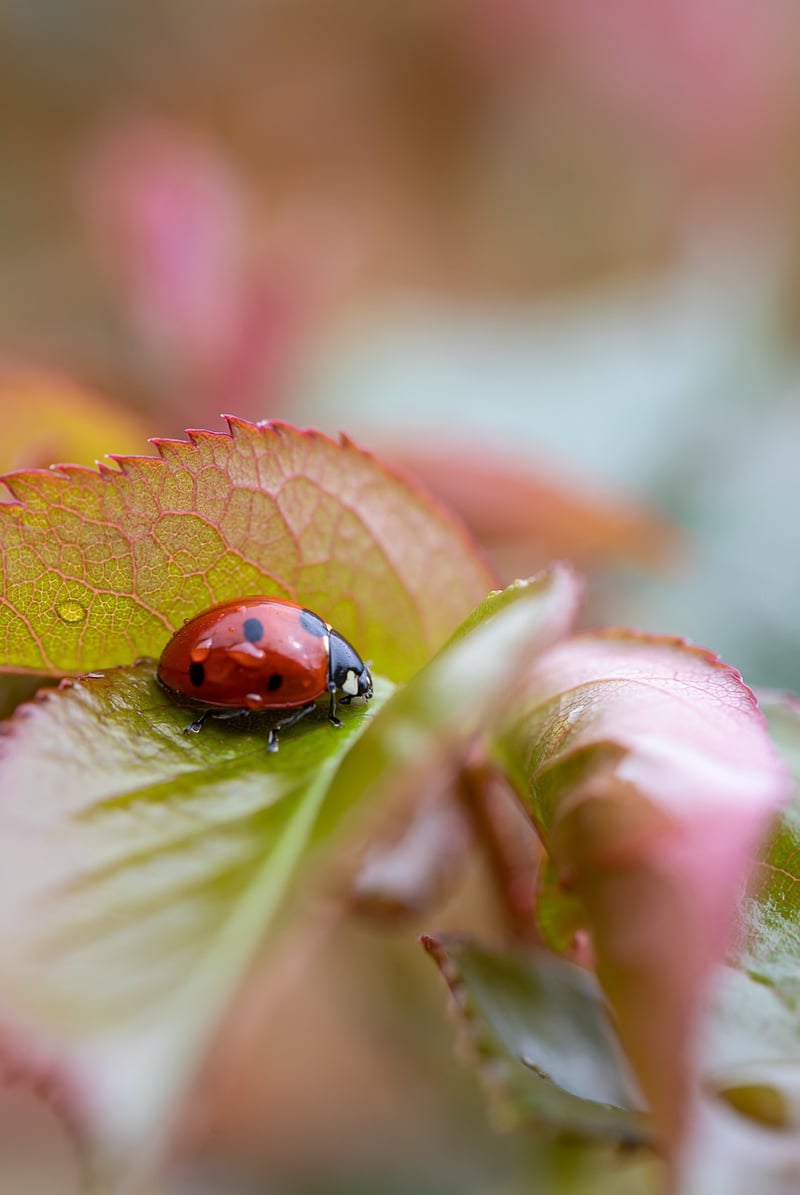Pest Control
Keeping Your Garden Healthy: Pest Control Tips
Welcome to our guide on maintaining a healthy garden by effectively managing pests. A thriving garden not only adds beauty to your home but also provides a sanctuary for plants to grow. However, unwanted pests can quickly turn your garden into a battleground. Let's explore some natural and eco-friendly methods to control pests and keep your garden flourishing.
1. Identify Common Garden Pests
Before you can effectively control pests, it's essential to know your enemy. Common garden pests include aphids, caterpillars, snails, and slugs. By identifying the specific pests in your garden, you can choose the most appropriate control methods.
2. Encourage Beneficial Insects
Not all insects are harmful to your garden. Some insects, like ladybugs, lacewings, and parasitic wasps, are natural predators of common garden pests. Planting flowers such as marigolds and daisies can attract these beneficial insects and help keep pest populations in check.
3. Practice Crop Rotation
Rotating your crops each season can disrupt the life cycle of pests that target specific plants. By planting different crops in the same area each year, you can reduce pest populations and improve soil health.
4. Use Natural Repellents
Many natural substances can act as repellents for common garden pests. For example, you can use garlic spray to deter aphids or diatomaceous earth to control slugs and snails. These methods are safe for plants, pets, and the environment.
5. Maintain Garden Hygiene
Keeping your garden clean and tidy can help prevent pest infestations. Remove debris, fallen leaves, and weeds regularly to eliminate hiding spots for pests. Also, avoid overwatering plants, as excessive moisture can attract pests like fungus gnats.
6. Invest in Physical Barriers
For particularly persistent pests, consider using physical barriers such as row covers or netting to protect your plants. These barriers can prevent insects from reaching your crops while still allowing air and sunlight to pass through.
7. Monitor Your Garden Regularly
Regularly inspecting your plants for signs of pest damage can help you catch infestations early. Look for chewed leaves, yellowing foliage, or stunted growth, which are all indications of pest activity. Early intervention is key to preventing pests from causing extensive damage.
By following these natural pest control tips, you can protect your garden from common pests while promoting a healthy and vibrant growing environment. Remember, a balanced ecosystem is the key to a flourishing garden!

For more information on pest control and gardening tips, visit gardening.com.
